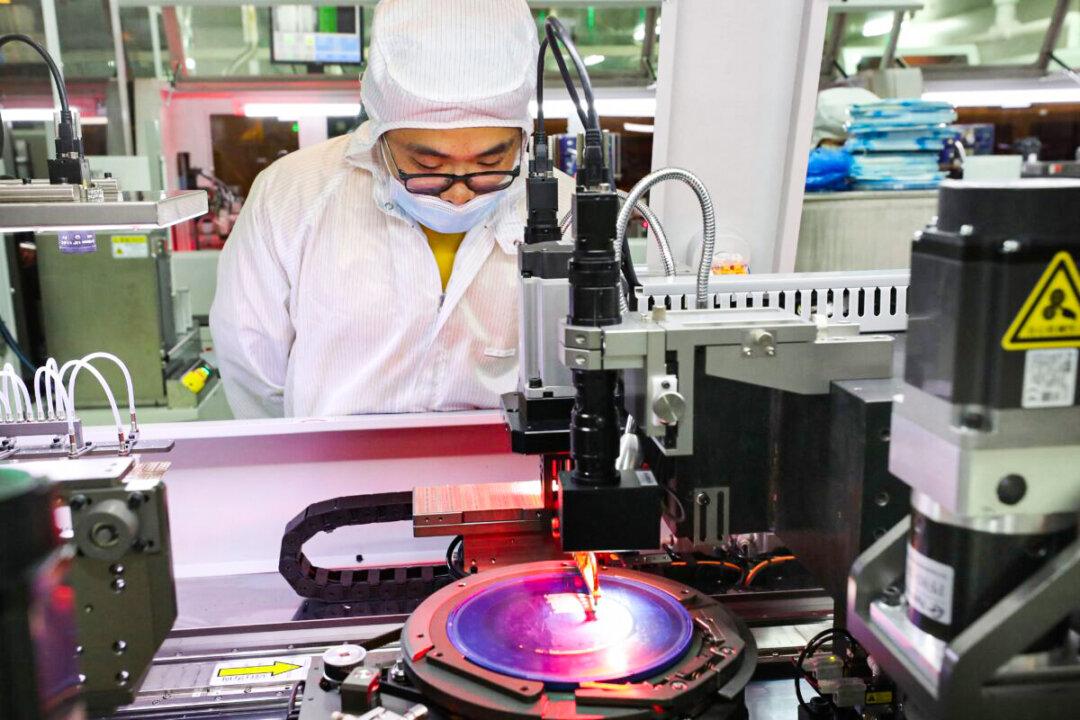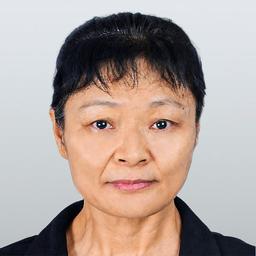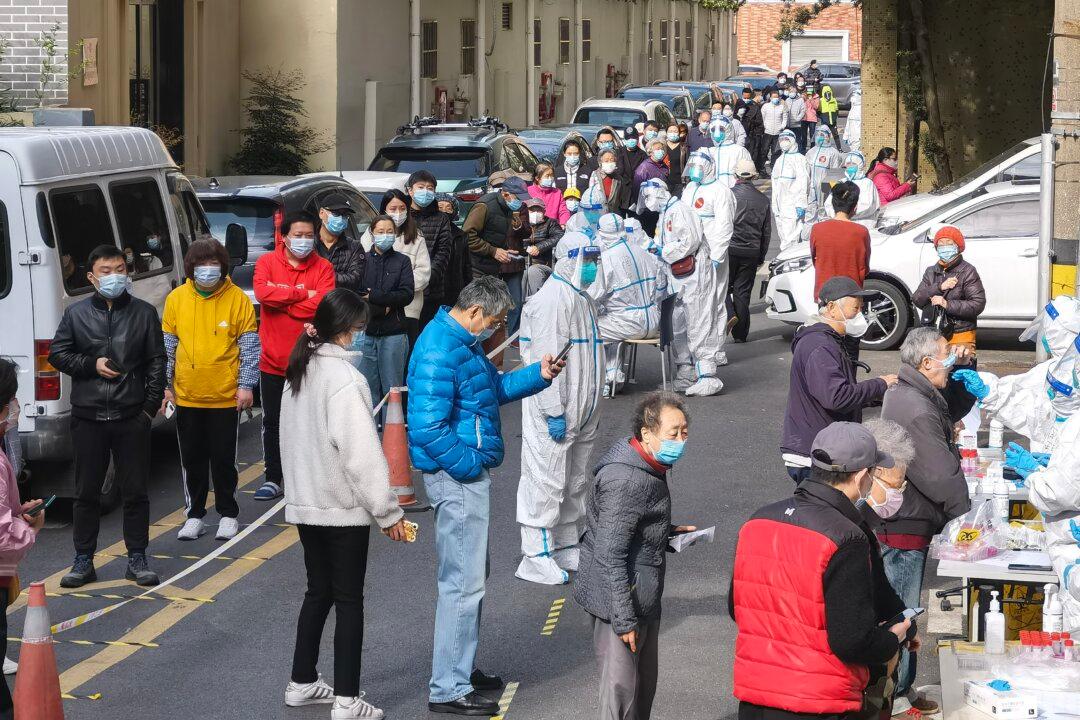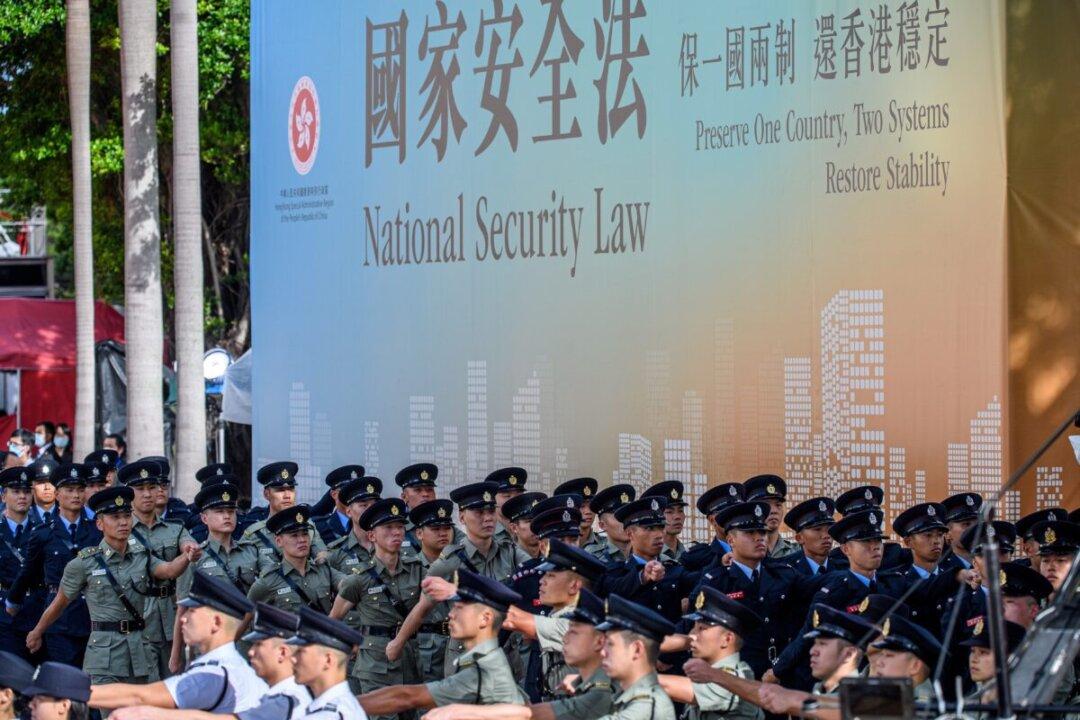China has been emphasizing self-reliance since the U.S.-China trade war started, and the urgency of China’s desire for this appears to have grown stronger after witnessing Western countries imposing harsh sanctions on Russia for invading Ukraine on Feb. 24.
The next day, on Feb. 25, the Chinese Communist Party (CCP) media People’s Daily published an editorial titled “Insist on Independence and Pioneering the Way Forward,” advocating independence and self-reliance to ensure that the party will always win.




